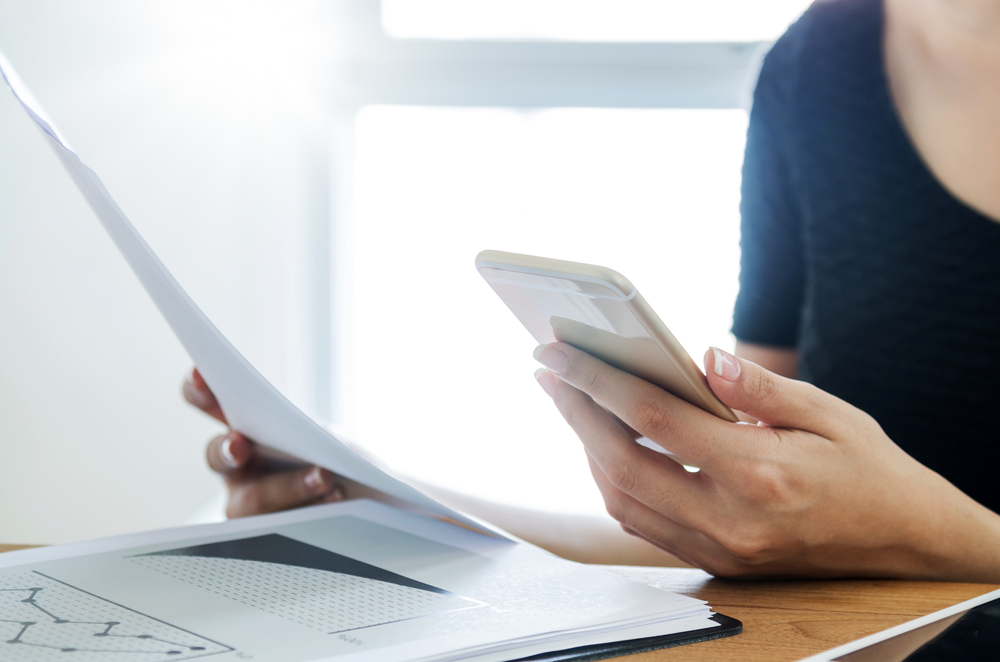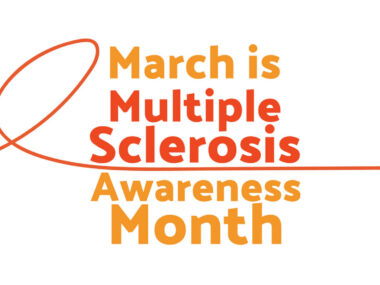Can iPhone App Grasp the MS Experience? Duke Study Wants to Find Out
Written by |

Researchers at Duke University want to determine if data collected through an iPhone app can ably capture individual experiences in people with multiple sclerosis (MS) to improve doctor-patient communication and overall disease understanding.
According to a National MS Society report, the researchers want to investigate the benefits combining mobile phone-based data with machine learning (the ability of a smartphone to mimic human behavior) and patient participation.
The study is currently enrolling MS patients, 18 or older, live in the United States and be able to read and understand English. Participants must own or have daily access to an iPhone (iOS 9 or greater) to download a free, MS Mosaic app from the Apple Store. The app is not yet available for Android phones.
The rationale behind the study is that MS can be an extremely complex condition, with symptoms ranging from numbness, walking difficulty, to vision impairment and fatigue. Each patient’s experience is different and can be affected by medication, emotional health, and environmental factors. This complexity can complicate research.
Study participants will receive daily, weekly and monthly questionnaires to fill about their symptoms. Daily surveys should take no longer than a minute to complete, and weekly surveys about ten minutes. Initial registration should take about 20 minutes, the NMSS report says.
In some of the surveys, participants will be asked to perform specific tasks while holding or using the mobile phone, like walking 25 steps, turning around, then walking back 25 steps – while holding the phone.
Other tests include tapping on the phone screen repeatedly to test motor speed, coordination and fatigue, or playing a pattern game to assess short-term memory. These tasks should take about five minutes each.
Patients can choose not to answer some of the questions or to participate in certain tasks. All information is collected through the app, and will be sent to a secure data server. Participants can export data to share with a healthcare provider.
Each person will be identified by a code, and data will be analyzed in a way that maintains confidentiality. Researchers, however, be able to identify a participant should they need to do so for “research integrity or legal purposes,” the report states.
Questions regarding this study can be answered by sending an email to [email protected].


